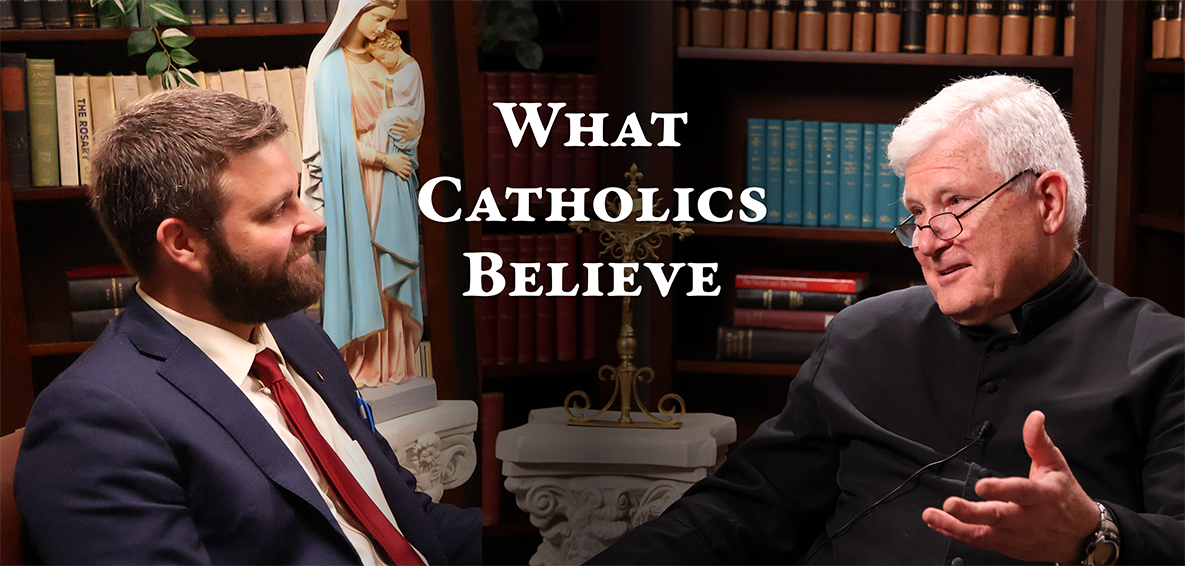Monday in Holy Week
Mary Magdalene is a prominent figure in the Passion and Resurrection of her divine Master. She is the type of a soul that has been purified by grace, and then admitted to the enjoyment of God's choicest favors. It is important that we should study her in each of the several phases through which divine grace led her. We have already seen how she keeps close to her Savior and supplies His sacred wants; elsewhere, we shall find Jesus giving the preference to her over her sister Martha, and this because Mary chose a better part than Martha; but now during these days of Passiontide, it is her tender love of Jesus that makes her dear to us. She knows that the Jews are plotting Jesus' death; the Holy Ghost, who guides her through the different degrees of perfection, inspires her, on the occasion mentioned in today’s Gospel, with the performance of an action which prophesies what she most dreads.
One of the three gifts offered by the Magi to the divine Infant, was myrrh; it is an emblem of death, and the Gospel tells us that it was used at the burial of our Lord. Magdalene, on the day of her conversion, testified the earnestness of her change of heart by pouring on the feet of Jesus the most precious of her perfumes. She gives Him today the same proof of her love. Her divine Master is invited by Simon the leper to a feast: His blessed Mother and His disciples are among the guests: Martha is busy, Looking after the service. Outwardly, there is no disturbance; but inwardly there are sad forebodings.
During the repast, Magdalene is seen entering the room, holding in her hand a vase of precious spikenard. She advances towards Jesus, kneels at His feet, anoints them with the perfume, and wipes them with her hair, as on the previous occasion.
Jesus lay on one of those couches, which were used by the eastern people during their repasts. Magdalene, therefore, could easily take her favorite place at His feet, and give Him the same proof of her love as she had already done in the pharisee's house. The evangelist does not say that this time she shed tears. St. Matthew and St. Mark add that she poured the ointment on His head also. Whether or not Magdalene herself understood the full import of what the Holy Ghost inspired her to do, the Gospel does not say; but Jesus Himself revealed the mystery to His disciples, and we gather from His words that this action of Magdalene was, in a certain manner, the commencement of His Passion: “She, in pouring this ointment upon My body, hath done it for My burial.”
—
Text taken from Guéranger's The Liturgical Year

